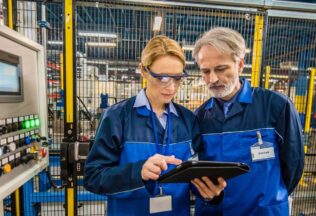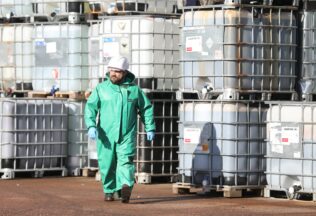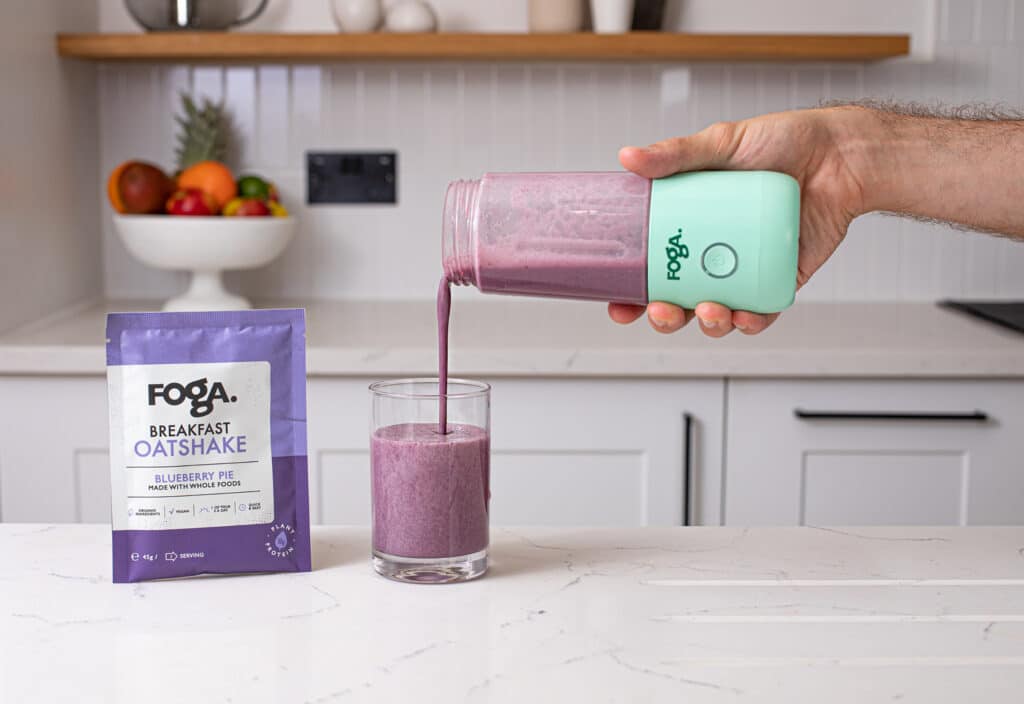Case Study: MRPeasy helps Vivacity Labs keep the traffic flowing
To gain comparable visibility of its current and future manufacturing operations, Vivacity Labs has selected a cloud-based Manufacturing ERP package from MRPeasy.
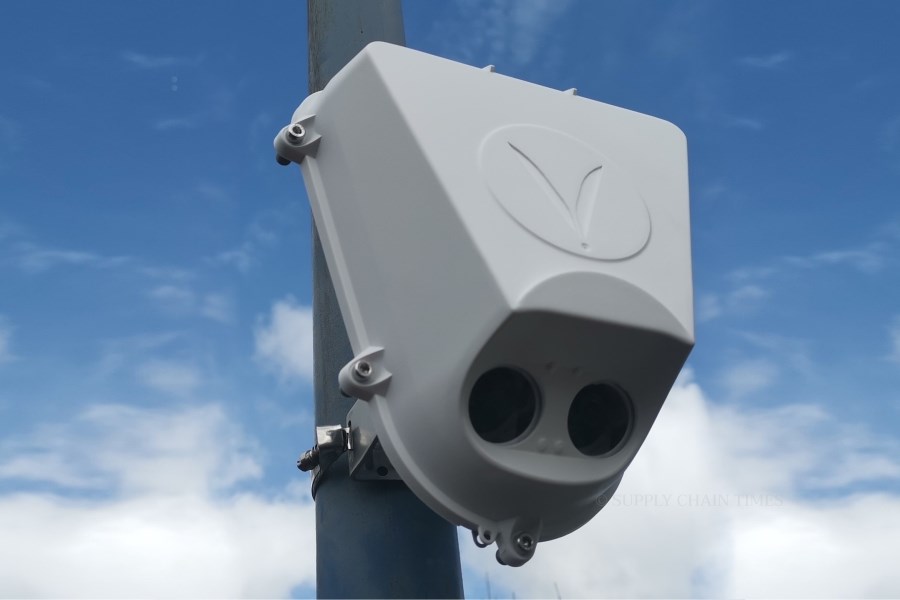
Municipal and highways authorities need visibility of traffic flows, causes and effects of jams and congestion, and smart data to help model future changes to road systems. To gain this visibility and data, they are increasingly turning to intelligent traffic sensing systems from Vivacity.
The company enables ‘next generation’ transport management by giving authorities unprecedented insights into their transport systems. Working at city or locality level, it uses video sensors to create as granular a dataset as possible in real time, and uses predictive analytics to forecast activity hours in advance. Vivacity’s systems can support functions from real time traffic management to smart street lighting and demand-responsive transit, as well as informing transport strategy models for future development.
Vivacity essentially underwrites the installation and upkeep of sensors by also selling data on to the private sector, so local authorities can help other users such as transport companies to benefit from open data without having to shoulder the whole cost of the systems. Because all the video processing is carried out within Vivacity’s sensor equipment, there are no GDPR and privacy issues around data transfer, while system updates can be applied through software rather than requiring replacement sensors.
Lightweight and insensitive to mounting vibration, the sensors can readily be mounted on existing street furniture, needing only a power supply. They use the latest in machine learning to differentiate and identify different types of road user, from pedestrians and cyclists to classes of van, truck and bus.
The sensors are therefore at the heart of Vivacity’s system. An installation needs a lot of them at once, and each has 60-80 parts, from suppliers worldwide whose own technologies are developing rapidly. In the flagship Milton Keynes scheme, which has been government-supported to the tune of £1.6 million, there are around 430 traffic sensors and a further 1,800 parking sensors. To support this and other projects Vivacity established a workshop in Bletchley, near Milton Keynes, in 2017 and Vivacity is currently engaged in projects with Transport for London, Cambridge, Manchester, and other cities in the UK and abroad.
Commercial Operations Manager Simon Cole explains that manufacturing in-house allows Vivacity to maintain control while maturing its technology and to ascend a fast learning curve in the rapidly developing technologies of its suppliers.
Cole adds: “We were very much about using spreadsheets and managing in our heads. Fortunately, we have people with experience in different industries who know how things are done, but we were finding that while spreadsheets are fine for a time, instead of looking at what is coming up, you are spending too much time just looking at what is happening now. At one point in the Milton Keynes project we were buying in kit worth half a million pounds. Which orders were meant to arrive and when, where they are and what they are for, how many do we need, any issues with suppliers – we were carrying all of this in our heads. We clearly needed an MRP system.
Vivacity did a lot of work on understanding the different elements of an MRP / ERP system that it might need, focusing in particular on the desire to leverage orders and scale at a company level, rather than project by project. “It took us a bit of time to understand what we wanted,” says Cole. “But the key for us, as a small company without a large overhead of people who deal with purchasing and administration, was to have a system we could use straight away. It needed to be something that senior personnel can be hands-on with, but nonetheless can be scaled up for our future needs.”
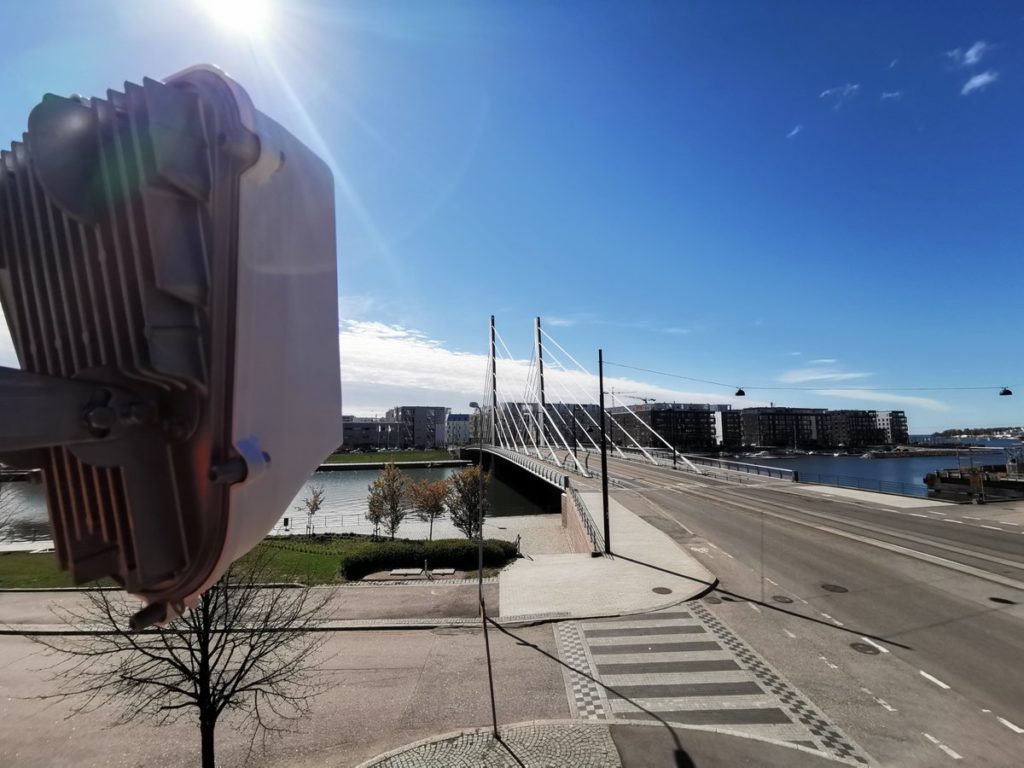
A deep Internet search threw up several interesting companies, resulting in Vivacity selecting the MRPeasy solution. Cole says: “My background told me the large scale products from competitors were going to be inappropriate and too difficult for us to use. We needed something we could get on with straightaway.” Vivacity also needed a system that supported not just the workshop but also procurement and cash flow management. “MRPeasy is a very open system. We can set it up to suit our company without many restrictions – anyone can do what they want with it. The key things – which we weren’t getting from spreadsheets – are that we have a really clear picture of what’s happening now, whether we’ve bought enough components, what are our long lead or most expensive items, and capability to take on further big projects.”
Cash is king for small and start-up companies. Cole says: “Forward visibility of our cash requirements is crucial – seeing everything in one place rather than as lists of projects and lists of parts gives us confidence. And then we have the ability to generate different scenarios, which enables us to be flexible as a company, and to make intelligent choices about the business we take on.”
He also adds: “We have been really happy with the service from MRPeasy – their approach to building the product for our company, their attractive pricing, and the belief that the system’s inherent scaleability will last us for some time. We are not afraid to move and change quickly as a company, but for our MRP at least, we don’t expect to be looking elsewhere for quite a period.”
First published in Supply Chain Times.
You might also like Case Study: Rollagranola scales up with MRPeasy.

